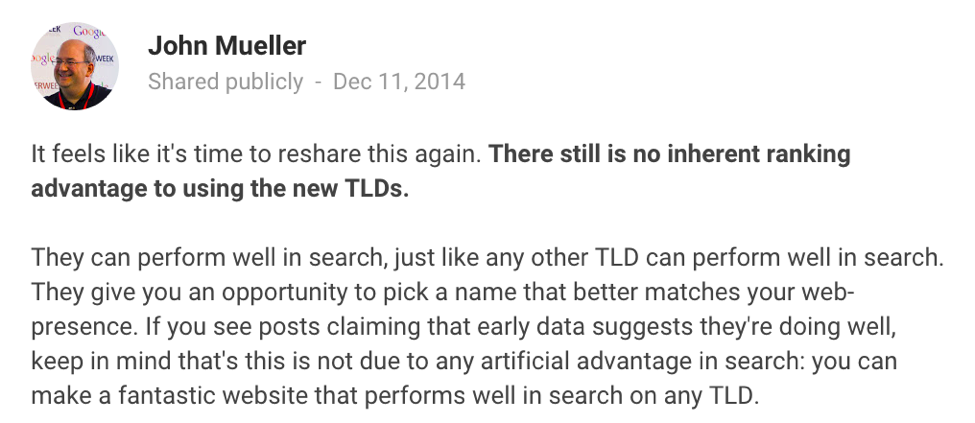How Much Do Lawyers Make A Month?
Law tends to attract a lot of people seeking high salaries, competitive jobs, and rewarding work. However, the amount of money a lawyer makes vary greatly and depends on the type of work you do, the organization federal government that you work for, you educational experience and education, and where you are located in the country.
Starting your own family law firm has the potential to bring in much more money than a full lawyer salary or entry level position at a firm. There are a number of obstacles to overcome but if you have the right plan in place and a strategy to succeed, your salary can be whatever you make it.
Like any career, doing your own research on legal matters will help guide you on the decisions you make for your legal career. Since the monthly median salary amount for a lawyer has such a large discrepancy, make sure your expectations match reality. Utilizing an hourly to salary calculator can convert your expected hourly wage to an annual salary, bridging the gap from hourly to salary insights. This conversion aids in aligning your financial expectations with the practicalities of annual to hourly salary calculations in the legal field.
Remember that law is constantly changing and that some skills and areas of legal field may become less needed than others. From a financial point of view, this can be significantly less profitable and result in lower monthly wages.
Now that you have an overview of the financial situation in the the legal profession and career path, let’s take a look at the finer details.
Average Monthly Salary For Lawyers
The Bureau of Labor Statistics reported the average annual salary for a lawyer in 2016 to be $139,880. This works out to be around $11,656 per month on average.
Some of the lowest paying salaries started around $55,870 per year. This is around $4,655 per month. When you look at the top private practice, corporate sector, some corporate lawyers are making up to $214,630 per year. This is around $17,885 per month.
“Most lawyers leave a lot of money on the table because they do not have a proper sales funnel in place to attract new clients or convert them well. Great sales funnel software can bridge this gap by mapping out a proper funnel and help them earn significantly more than the industry average.” – Shailen Vandeyar, FunnelTeacher.com
Best Paying Industries for Lawyers
In the corporate sector, there are a few industries that provide lawyers with a generous wage. Those in scheduled air transportation were the ones who received an an average salary of $17,885 per month. Lawyers working in Beer, Wine and Distilled Alcohol, were making around $17,125. Another nice paying industry is the Cable and Other Subscription Programming which had an average monthly wage of $16,272.
Here’s a look at the wages based on occupational industries:
Finance & Insurance$12,166Federal Government$11,621Legal Services$9,888Local Government$7,661State Government$7,335
Wages for Public Lawyers
In this stream of law, lawyers represent clients on cases ranging from traffic violations
to criminal felonies. In these situations, people may prove to the court that they cannot afford to pay the lawyer’s fees for legal proceedings. Typically, these kinds of lawyers are paid by the government as a regular employee or case by case, as needed by the state supreme court.
Even though trial cases and patent laws tend to provide the biggest payouts for corporate lawyer, not all lawyers pursue a corporate career. Public lawyers can make a respectable wage with the starting wage typically around $4,166 to well over $8,333 per month.
Wages Based On Location
Lawyers practicing law in house counsel or along the coasts tend to receive a significantly high wage than those practicing law in the mainland. When you’re working in the big cities like New York and Washington, wage are competitively higher than places like Alabama and Kentucky.
Here’s a breakdown of monthly average salaries for lawyers at law firms throughout various U.S. cities:
Coastal Cities
San Jose$17,000San Francisco$14,000Los Angeles$14,425New York City$13,438
Nonmetropolitan Cities
Southwest Montana$6,244Northeast Mississippi$9,600Central Kentucky$5,146Northern Vermont$9,385
Wages from: https://www.bls.gov/oes/current/oes231011.htm
Wages for Solo-Practitioners
If you’re fresh out of law school or even a veteran in the field, you might have considered starting your own law firm. Doing so allows you to create a wage based on as many hours as you want to work on complex issues and legal disputes. Of course, the demand for your legal services should also be factors in addition to your marketing plan and marketing success.
Nonetheless, starting your own legal service can see monthly wages ranging from ,978 to ,099 per month.
This incredible range may be due to the following factors:
- Caseload / work demands
- Location within a city
- Location within the country
- Marketing plan/strategy
- Referral network
- Online access (i.e. lawyers with a blog)
- Legal Experience
- Area of practice
The Wage And Workload
While the upper paying salaries are are to get excited for, the amount of work required to receive it may not be as appealing. Many law firms hiring new lawyers can expect between 80 or 90 hours per week to show their dedication to their profession.
If you are unable to handle this kind of workload, seeking a lower-paying job within the other legal services industry may be more suitable.
The kind of work that will be required of you includes:
- Advising clients (i.e. business transactions, claim liability, prosecutions or defense of lawsuits, legal rights and obligations)
- Represent clients in court during summary cases to judges or juries
- Collect and research evidence for defensive or offensive legal actions
- Evaluate research and develop strategies and sound arguments to present in court
- Analyze and interpret laws, rulings, regulations and other legal actions for individuals and business
Lawyers deal with situations where they must advise their clients on a specific course of action. They are responsible for the legal rights and responsibilities their client’s must take. In the business world, lawyers may provide counsel to corporate clients when making business transactions. As well as legal secretaries, there are lawyers attorneys who work in the legal system and represent their clients in court actions.
There is a wide range of work required from lawyers, from various legal documents to contract litigations, criminal cases to patent contracts. The amount of hours required from a lawyer will vary month to month. Working at a law firm, will provide you with a stable monthly income, as detailed above. However, if you’re a self-employed lawyer, your monthly wage is likely to change depending on the number of clients coming in.
Overall, working in the legal system is a time-sensitive environment with extreme working demands. There will be long hours and extensive research to prepare for court cases and client situations. All these factors lead to the wide differences in how much a lawyer makes per and how much money does legal assistant of a lawyer make a month.


























 Network with anybody you can get in front of. This includes fellow attorneys for sure, but also expands beyond your colleagues.
Network with anybody you can get in front of. This includes fellow attorneys for sure, but also expands beyond your colleagues.



